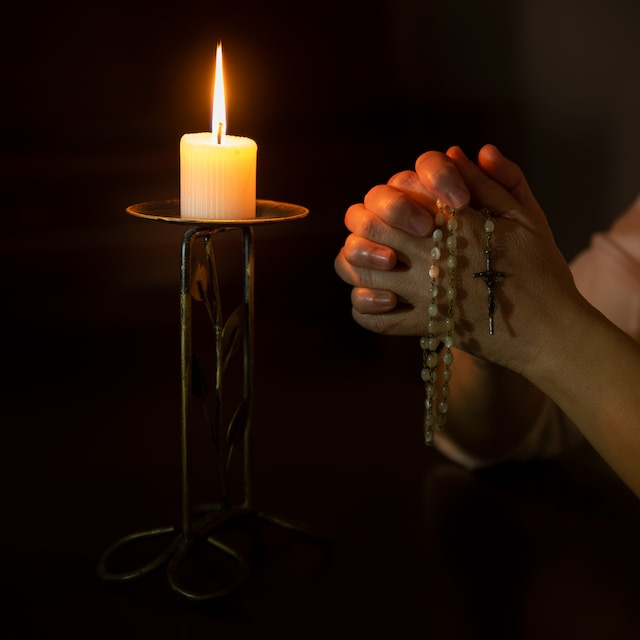Prayers for when you don't want to pray
AWCIPA, Vespers, and other rote prayers
I remember the first podcast I ever stumbled across.
But I can’t remember what it was called or how I found it, but I remember that the first ever podcast episode I listened to…was about prayer.
And this guy taught about AWCIPA, which stands for:
Admire
Worship
Confess
Intercede
Praise
Admire
The idea here was that you could follow these steps every time you prayed and you would be on the right track.
It was a form of rote prayers (like The Lord’s Prayer), just without the same words being prayed each time.
…in college, I had the opportunity to dive into a small book called Common Prayer by Shane Claiborne. The book basically gave a watered down version of The Anglican Church’s Book of Common Prayer.
It was a book that wanted to bring American Christians back into a more liturgical way of living, which means that you practiced something called Vespers.
Vespers was the name given to the evening prayers before one sleeps. And, I am willing to bet that many of you had bedtime prayers, your own type of Vespers.
…
I am, admittedly, a huge fan of rote prayers. It’s why I am fascinated with The Lord’s Prayer.
And here’s why: rote prayers can become a work of grace in your life for the times when you don’t have anything of yourself to give.
Whether you go with AWCIPA, an actual formal Vespers, or just praying The Lord’s Prayer…these prayers can actually be the method to lead you closer to God when you can’t get yourself to move towards God on your own. (and this is not a commentary against those who suffer with anxiety, depression, etc.)
My prayer for today
Our Father, I am so thankful for having the words of Jesus to lean on when I can’t find the words to pray on my own or of my own accord. Help us become okay with letting ritual and liturgy lead us into worship and relationship. Give us the wisdom to know when we need to be led to you and when we can charge forward on our own. Amen.
Remember
Reciting a memorized prayer isn’t “the bare minimum.” In fact, it might be the best thing for you every now and then.


